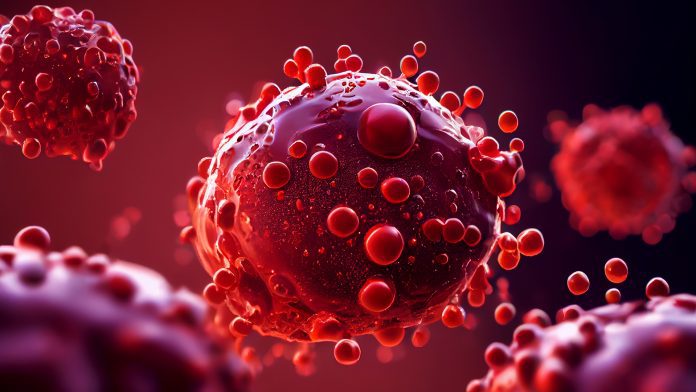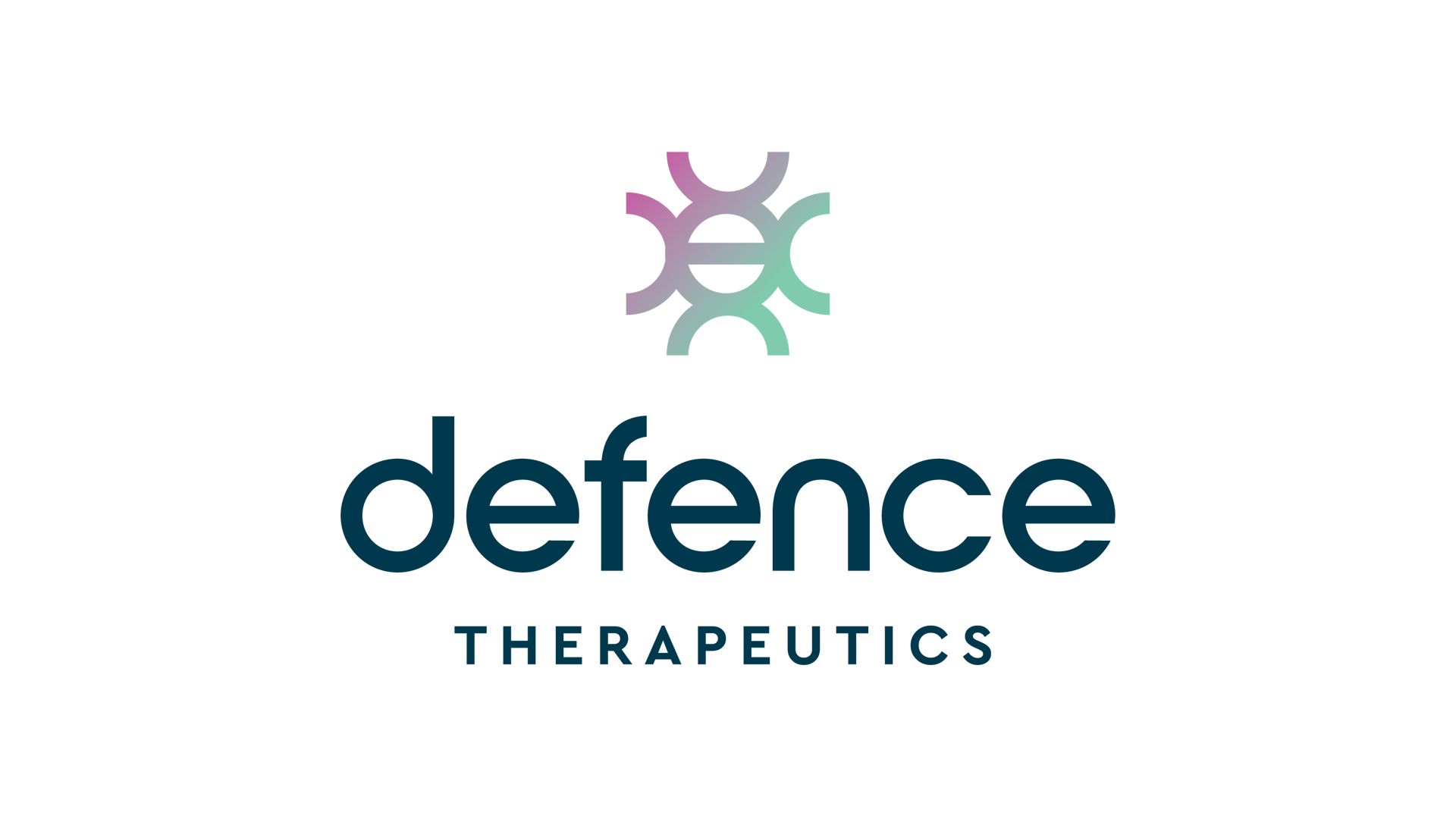
Defence Therapeutics has announced that systemic administration of novel AccuTOX™-chitosan encapsulated formulation inhibits the growth of pre-established solid lymphoma resulting in their progressive shrinking over time.
Defence Therapeutics has conducted a study to test AccuTOX™. The study had two main objectives. First, to test whether AccuTOX™ can be delivered systemically if encapsulated in chitosan-based nanoparticles.
The second objective of the study was to assess whether this modality can synergise with immune-checkpoint blockers commonly used in the oncology clinic.
The formulation was delivered twice with a two-week interval. Animals treated were followed for up to 40 days.
Mr. Plouffe, CEO of Defence Therapeutics, said: “The AccuTOX™ molecule can be toxic if delivered unconjugated and/or systemically. The Defence team was able to bypass this limitation by encapsulating it into chitosan-based nanoparticles.
“This is a simpler and cheaper method compared to the use of antibodies, and may represent a key component of Defence’s future encapsulation strategies.”
Advantages of using chitosan
Chitosan is a linear polysaccharide composed of randomly distributed β-(1→4)-linked D-glucosamine (deacetylated unit) and N-acetyl-D-glucosamine (acetylated unit).
It has a number of biomedical and commercial applications. Although it has great agricultural and industrial applications, chitosan is often useful in bandages to reduce bleeding and as an antibacterial agent. As well as this, it can be used to deliver drugs through the skin.
Because of this, using it as a delivery vehicle for unconjugated Accum® or its variants could revolutionise the future of molecular medicine. It will do this by increasing the compounds specificity to the tumour site whilst minimising the needed dosage and associated side effects.
About Defence
Defence Therapeutics is a Canadian biopharmaceutical company specialising in the development of immune-oncology vaccines and drug delivery technologies.
Defence focuses on its ACCUM® technology. This enables precision delivery of vaccine antigens in their intact form to target cells. Because of this, increased efficacy can be reached against serious illnesses such as cancer.










